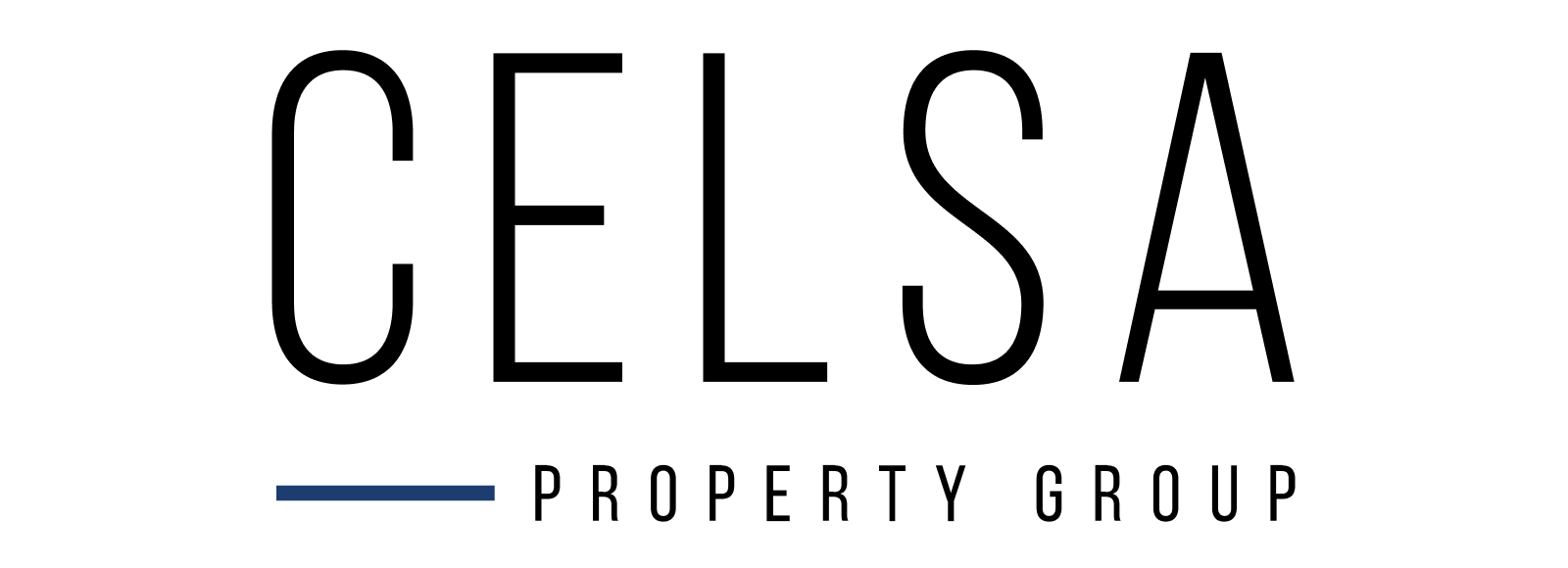How to Rein in Your Budget and Qualify for a Home Loan
Having a budget and sticking to it is not easy, especially with the upward pressure of inflation.
By making the necessary budgeting adjustments, those wishing to purchase a property this year can become eligible for a home loan, says Pillay.
However, by making the necessary budgeting adjustments, those wishing to purchase a property this year can become eligible for a home loan, says Marlyn Pillay, oobaelite consultant at ooba, national bond originator.
Pillay gives her best budgeting tips to get a foot on the property ladder:
1. Draw up a monthly budget
Drawing up a budget every month may seem like a chore, but it's a worthwhile exercise, says Pillay.
“Not only that, you also need to diligently track your projected spending against your actual spending,” she says.
Root out those hidden items that creep into your budget - for instance, takeaways on the weekend or cappuccinos on the way to work.
Pillay says she recommends shopping once a week using a list to avoid over-buying and impulsive purchases.
2. Get rid of credit card debt
Credit card debt can be crippling, and it's a difficult cycle to break.
“Overdrafts are a temporary solution to a cash flow problem,” Pillay says.
“Try to identify why you're going into overdraft every month and then avoid whatever spending is unnecessary.”
She says she suggests speaking to your bank about lowering your overdraft limit.
“It's also a good idea to reduce your spending on retail credit cards, no matter how tempting the loyalty points.”
3. Shop around for the best deals
Credit card debt can be crippling, and it's a difficult cycle to break, says Pillay.
Whether it's your bank charges, your medical aid contribution or your cell phone contract, there are a number of ways to reduce your recurring monthly expenses.
“Many people assume that these rates are static, but a phone call to your insurance company saying you're unhappy with your premium can quickly change that,” she says.
A good tip is to have a cell phone contract with an airtime and data limit to avoid overspending.
4. Find out your credit score
Your credit score is easily obtainable from a credit bureau and will give you an excellent indication of whether you're ready for a home loan.
“The banks place a great emphasis on this report, which is why you should ask for a copy and make sure that all the information is correct,” says Pillay.
Close any accounts that aren't being used and reduce limits that have high available balances.
“If any accounts reflect slow payments, arrear or legal status, attend to it immediately,” says Pillay.
5. Save up for unexpected home-buying expenses
By now you should be well on your way to buying your own home - but remember that there are many unexpected expenses involved in the home-purchasing process.
“Watch out for increases in attorney's fees, home renovation costs and paying for security enhancements like electric fencing,” says Pillay.
It's also worth bearing in mind that many local authorities have been reassessing the value of homes, which means some municipal rates have increased significantly.
“By having money in reserve, you'll be able to afford these unforeseen expenses, easing the pressure on your monthly budget. You'll be able to enjoy your new home with minimal financial stress,” says Pillay.
